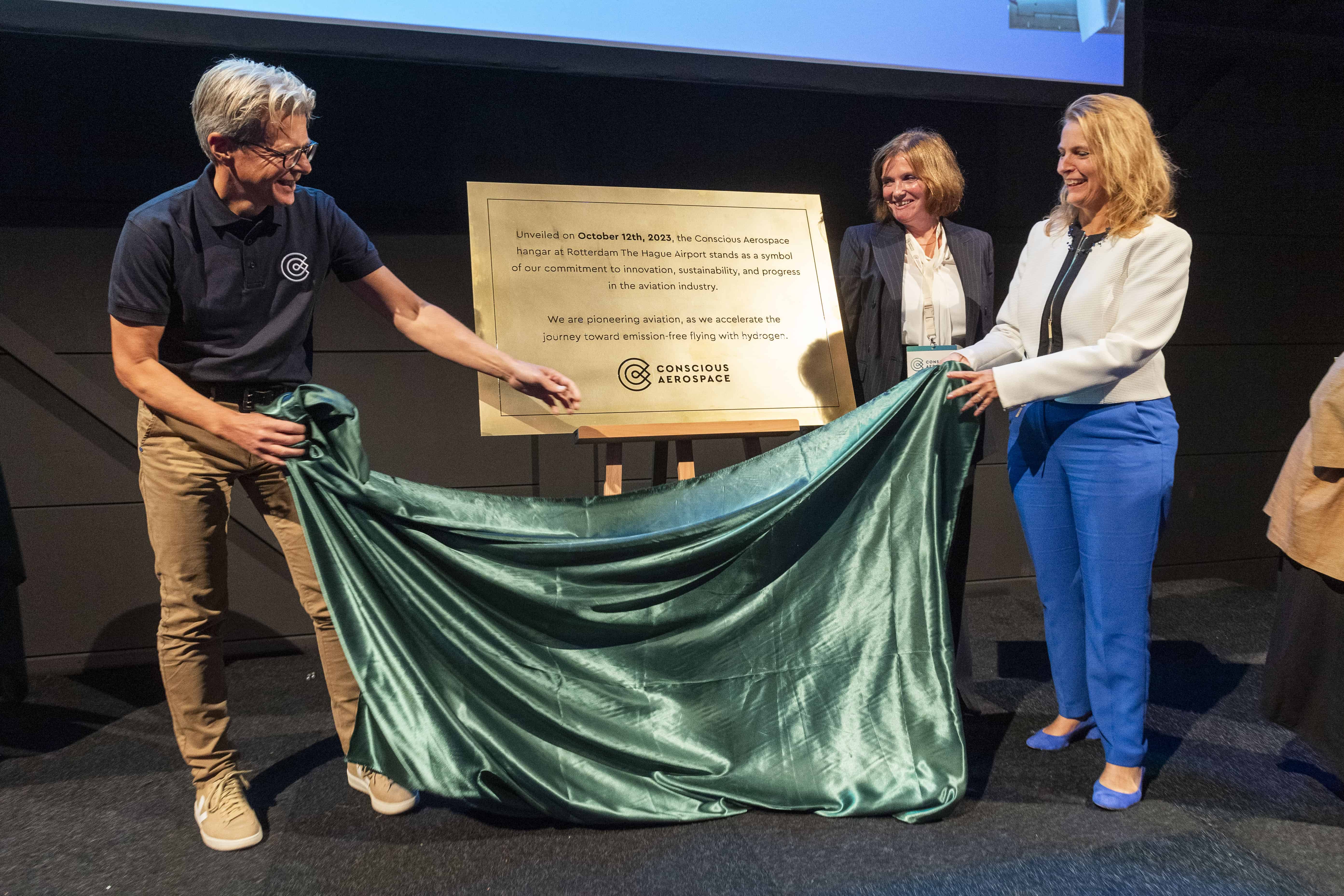
Bretagne is making significant steps in developing green hydrogen projects, with approximately fifty initiatives underway. These projects, backed by public and private stakeholders, span a variety of sectors, including buses, trucks, refueling stations, and green hydrogen production and storage for residential properties.
Efficient Hydrogen Motors (EHM), one of the firms involved, is set to retrofit a diesel bus into a hydrogen-powered one, while another project aims to use hydrogen as a home energy solution. EHM has announced several new contracts and expects a hydrogen-powered bus to operate by 2024. The region’s move towards green hydrogen is part of a broader push towards sustainability and reduced carbon emissions.
Revamping transport with hydrogen
One of the projects making substantial headway is spearheaded by Efficient Hydrogen Motors (EHM). This company has recently announced several new contracts for installing its high-efficiency (55%) motor on compressed hydrogen. By the end of 2023, this 265 kW (360 hp) motor will be installed in a bus provided by Transdev, replacing the existing diesel engine. This venture is receiving support from the European Regional Development Fund (ERDF).

The first retrofitted bus is scheduled to hit the roads in 2024, initially without passengers. After certification in 2025, the bus will begin serving a route through Rennes and passing a hydrogen refuelling station in Vannes. Transdev is partnering with the Alliance Automotive Group (AAG), which operates 220 truck garages across France, to replace the diesel engine. The new engine will be connected to the existing gearbox, and AAG will install the hydrogen tanks from the EHM kit.
Hydrogen retrofitting: old vehicles, new possibilities
According to EHM, their motor has a longevity of a million kilometers for trucks and 15 years for buses. Another ambitious plan involves installing this motor in a rubbish truck in Bretagne, which will produce its hydrogen using wood waste (biomass). The motor will also be used in a heavy 44-tonne truck belonging to the French retail chain Schiever. Schiever plans to install a green hydrogen station that will use solar panels for hydrogen production, aiming to convert 13 of its 64 trucks over the next three years.
The hydrogen retrofit kit developed by EHM has potential applications beyond transport. It can be used in port vehicles, generators, and even military applications. Sales of this kit are expected to begin in the second half of 2024, expedited by a simpler certification process. By 2026, EHM plans to construct a 20,000 m² factory in Bretagne.
Residential energy solutions: powering homes with hydrogen
While some say green hydrogen is a promising alternative for making the transport sector more sustainable, it can also be used as a home energy solution. H2Gremm has developed a modular system that can be tailored to new buildings and renovation projects to enable individual homes to generate more than 80% of their low-carbon energy.

This solution hinges on a hybrid model for storing photovoltaic energy produced by the home’s solar panels. The battery storage, capable of storing solar energy for three months, is connected to the H2Gremm generator (electrolyzer), which converts and stores the energy as hydrogen. As the company’s founders explain, optimizing energy storage will ensure residents have access to sustainable energy all year round, especially during winter when there is insufficient solar energy to meet demand. This technology is currently in the evaluation phase and is set to be installed in the experimental house, Villa E-Roise, in Brest.
Creating jobs and paving the way for more hydrogen projects
The EHM project and its green hydrogen mission are expected to create around 100 direct jobs and contribute to the local economy, a project spokesperson said. Beyond EHM, the Bretagne region has a wider initiative to develop around 50 hydrogen projects.
On a global scale, these efforts are mirrored in other countries. For instance, the NortH2 project in the Netherlands plans to build a €1.5 billion green hydrogen network using 85% recycled natural gas pipes, operational by 2027. The Asian Renewable Energy Hub in Australia is the largest, with 14GW of power sourced from onshore wind and solar. Comparably, Bretagne’s green hydrogen projects demonstrate the region’s commitment to sustainable change and place it at the forefront of green energy initiatives.






